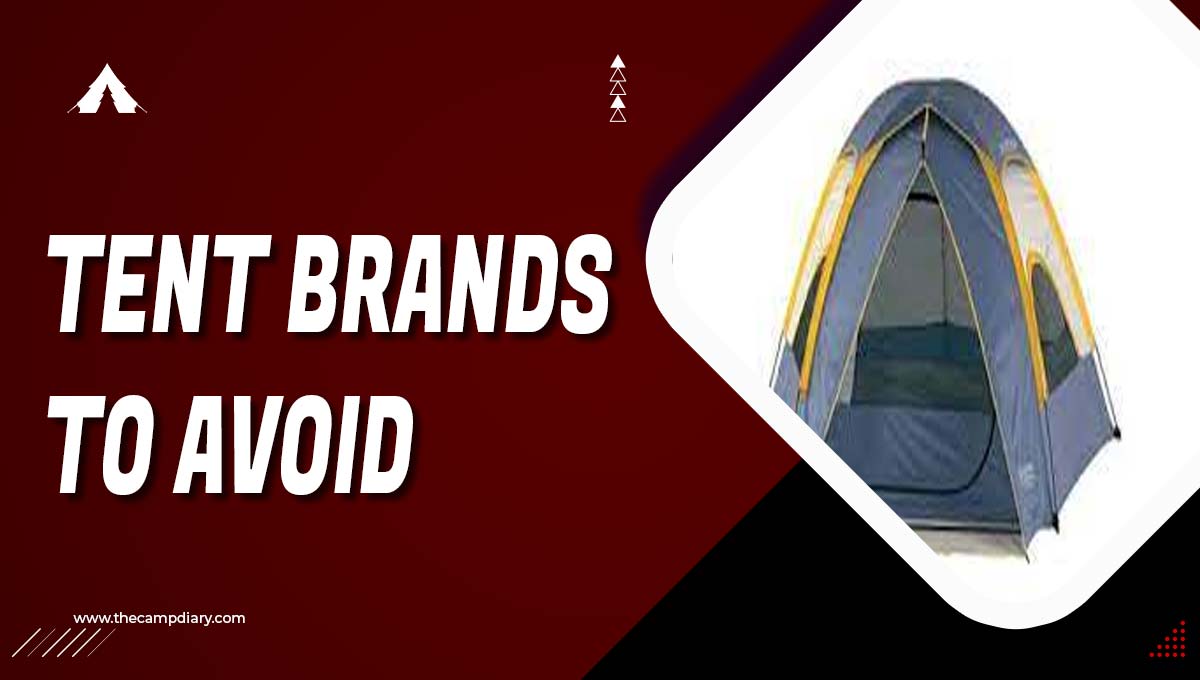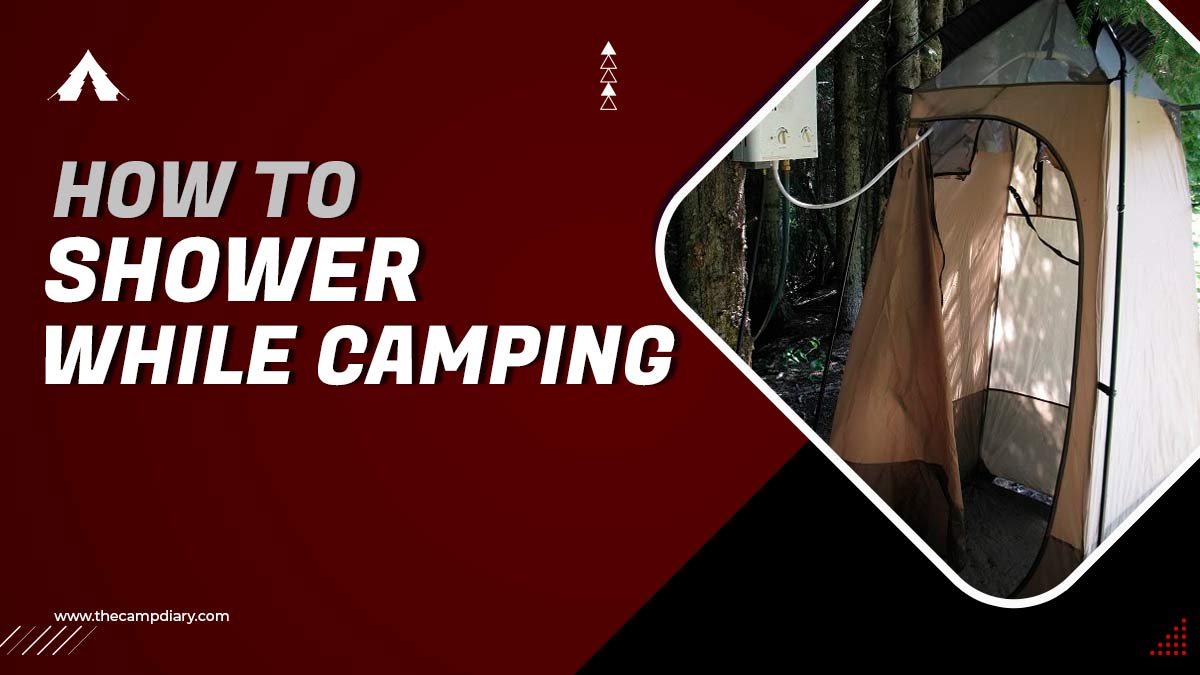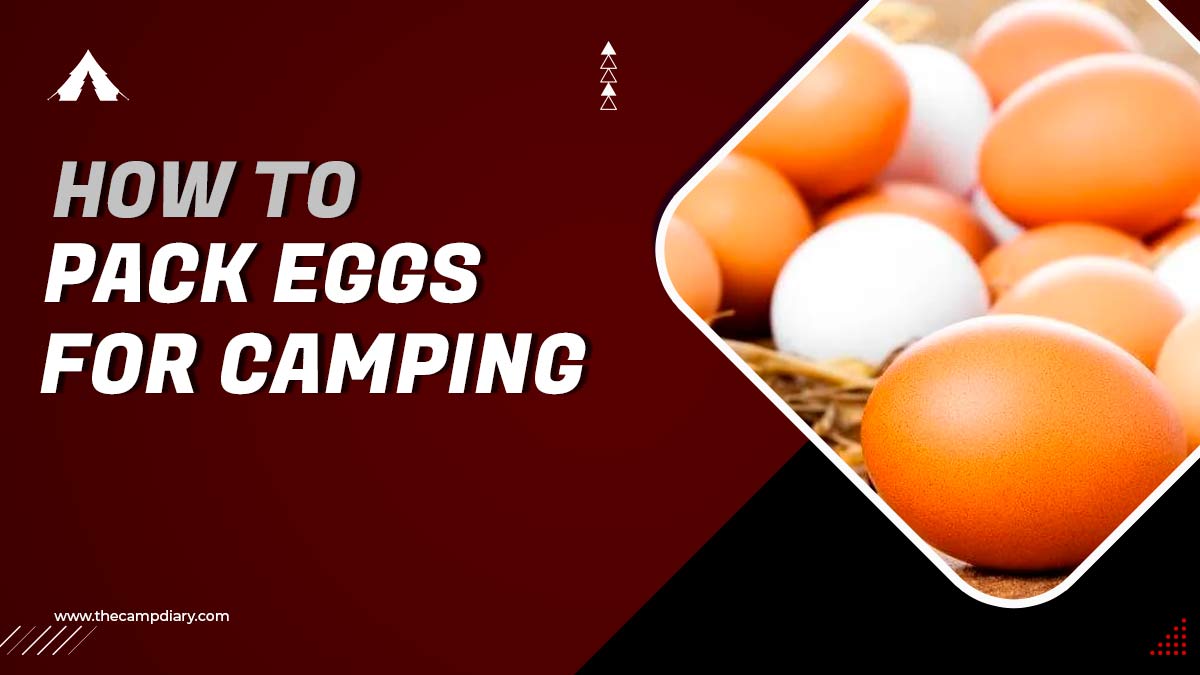Is tent camping safe? This is a question that pops into the heads of many campers, new and experienced alike. The answer, like so many things in life, is both complex and nuanced.
In this blog post, we’ll discuss some of the key factors to consider when answering the question of safety while camping in a tent. So read on to learn more about how to stay safe while enjoying nature at its finest!
Is Tent Camping Dangerous?
It can be dangerous to camp in a tent if you aren’t prepared. During a camping trip, the biggest dangers include exposure to the elements, wildlife, as well as other people.
Exposure to the elements is the most common danger while camping. If you are not prepared for changes in the weather, you could find yourself in a dangerous situation if you are not prepared for sudden changes in the weather.
Wildlife is another danger to consider while camping. There are many animals that can pose a threat to humans, and if you’re not careful, you could find yourself in a dangerous situation.
Finally, other humans can be a danger while camping. There are many stories of people being robbed or attacked while camping, so it’s important to be aware of your surroundings and be prepared for anything.
So, is tent camping dangerous? It can be, but if you’re prepared and take the necessary precautions, you can reduce the risks and have a safe and enjoyable experience.
20 Tips for Safe Tent Camping
Now that we’ve answered the question of safety, let’s take a look at some tips to help you stay safe while tent camping.
1. Use a Tent Lock
Tent locks are a great way to deter thieves and keep your belongings safe. This lock can be easily looped through the zippers of your tent and then secure it to something inside or outside the tent by looping it through the zippers.
2. Don’t Camp Alone
Camping with a friend or family member can help you stay safe in case of an emergency. In addition to being more fun, it’s also more enjoyable as well!
3. Choose Your Campsite Carefully
When choosing a campsite, make sure to pick a spot that’s away from dangerous areas like cliffs, riverbanks, and steep slopes. It is also recommended that you avoid camping in isolated areas where it would be difficult to reach help if you needed it in an emergency.
4. Be aware of Your Surroundings
When you’re setting up camp, take a few minutes to walk around and familiarize yourself with the area. Look for potential hazards like dead trees, loose rocks, or steep drop-offs.
5. Don’t Leave Food Out
One of the biggest attractants for wildlife is food. If you leave food out, you’re inviting animals into your campsite which could lead to a dangerous situation. The best way to store food is to store it in airtight containers, and you should also store it in a cool, dry place in order to ensure that it lasts as long as possible.
6. Keep a Clean Campsite
A clean campsite is not only more pleasant for everyone, but it’s also less likely to attract wildlife. Be sure to clean up any spilled food and dispose of trash properly.
7. Be Careful with Fire
Open fires are a common cause of accidents while camping. Be sure to build your fire in a safe area away from flammable materials like trees and bushes. Never leave a fire unattended and make sure it’s completely out before you go to bed or leave the campsite.
8. Don’t hike Alone
If you’re planning on hiking, be sure to bring along a friend or family member. Hiking alone can be dangerous, especially if you get lost or injured.
9. Stay on Established Trails
When hiking, stick to established trails rather than venturing off into the wilderness. This will help you stay safe and avoid getting lost.
10. Bring a Map and Compass
A map and compass can be invaluable if you get lost while hiking. Be sure to familiarize yourself with the area before setting out, and bring along a map and compass just in case.
11. Wear Appropriate Clothing
Dressing for the weather is important to stay safe while camping. If it’s cold, be sure to wear layers of warm clothing. In wet weather, wear waterproof boots and a raincoat. And in hot weather, wear loose-fitting, coloured clothing to help keep cool.
12. Protect Yourself from the Sun
In addition to appropriate clothing, it’s also important to protect yourself from the sun. Wear sunscreen, a hat, and sunglasses when spending time outdoors.
13. Drink Plenty of Water
Staying hydrated is important in any situation, but it’s especially important when camping in hot weather. Be sure to drink plenty of water throughout the day to avoid dehydration.
14. Watch out for Poisonous Plants
Some plants can be poisonous if ingested, so it’s important to be aware of what’s growing around your campsite. If you’re unsure about a plant, avoid it altogether.
15. Insect Repellent
Insects can not only be annoying, but some can also carry diseases. To avoid being bitten, use an insect repellent containing DEET.
16. Check for ticks
Ticks can attach themselves to your skin and cause serious illness, so it’s important to check for them regularly. Be sure to inspect your skin, especially in areas like the scalp, armpits, and groin. If you find a tick, remove it carefully with tweezers.
17. Be Bear Aware
Take proper precautions when camping in an area where bears are known to live. Never leave food out, store all food in airtight containers, and keep your campsite clean.
18. Use Caution around Water
Whether you’re swimming, fishing, or just wading, it’s important to use caution around water. Be sure to obey all posted signs and never swim alone. In cold weather, be aware of the danger of hypothermia.
19. Be Prepared for Bad Weather
Bad weather can strike at any time, so it’s important to be prepared. Bring along extra clothing and blankets in case of cold weather, and be sure your tent is waterproof in case of rain.
20. Know Your Limits
Camping can be a physically demanding activity, so it’s important to know your limits. If you’re not used to spending time outdoors, start with short trips close to home. And always listen to your body – if you’re tired, take a break.
Common Dangers and How to Avoid Them
Camping is a great way to enjoy the outdoors, but it’s important to be aware of the dangers that can come with it. By following the tips above, you can help ensure a safe and enjoyable trip for everyone.
Random Injuries:
Most camping injuries are minor, but they can still ruin your trip. To avoid being injured, be sure to follow the tips above and use common sense.
Drowning:
Drowning is one of the leading causes of death in campers, so it’s important to use caution around water. Be sure to obey all posted signs and never swim alone. In cold weather, be aware of the danger of hypothermia.
Falls:
Falls are another common cause of injury in campers. To avoid falling, be sure to watch your step, especially when hiking on uneven terrain. And always use caution when climbing trees or rocks.
Bites and Stings:
Bites and stings can not only be painful, but some can also cause serious illness. To avoid being bitten, use an insect repellent containing DEET. And if you’re bitten by a snake or spider, seek medical attention immediately.
Hyperthermia:
Hyperthermia is a condition that occurs when your body overheats. In severe cases, it can be fatal. To avoid hyperthermia, be sure to drink plenty of water and wear loose-fitting, light-colored clothing in hot weather.
Lightning:
Lightning is one of the most dangerous things that can happen while camping. To avoid being struck by lightning, be sure to avoid open areas and tall objects during a thunderstorm. And always stay inside your tent if lightning is nearby.
The Bottom Line
Camping is a great way to enjoy the outdoors, but it’s important to be aware of the dangers that can come with it. By following the tips above, you can help ensure a safe and enjoyable trip for everyone.
Thanks for reading! I hope this was helpful. If you have any questions, feel free to leave a comment below. Happy camping!
Frequently Asked Questions
Are tents safe to camp in?
Tents are safe to camp in as long as you follow some basic safety precautions. Be sure to choose a well-made tent that’s appropriate for the weather conditions. And always set up your tent in an area that’s clear of debris and away from bodies of water.
Does a tent keep you safe?
A tent can keep you safe from the elements, but it’s not a guarantee of safety. Be sure to follow all safety precautions, such as choosing a well-made tent and setting up your tent in a safe area.
What are the dangers of camping?
Camping is most likely to cause minor injuries, such as cuts and bruises. However, there are also some more serious risks, such as drowning, falls, bites and stings, and lightning strikes. To avoid these dangers, be sure to follow the safety tips above.
Is camping safe for kids?
Camping is safe for kids if you take some basic precautions. Be sure to choose a well-made tent and set up your campsite in a safe area. And always supervise your kids when they’re near bodies of water or climbing trees.
How do you stay safe in a tent?
To stay safe in a tent, be sure to choose a well-made tent that’s appropriate for the weather conditions. And always set up your tent in an area that’s clear of debris and away from bodies of water.
![20 Tips for Safe Tent Camping [2023 Detailed Guide]](/uploads/is-tent-camping-safe.jpg)

![How To Pack Meat For Camping - 10 Easy And Best Ways [2023]](/uploads/how-to-pack-meat-for-camping.jpg)
![How to Hang Lights in A Tent- 8 Easy Steps [2023 Guide]](/uploads/how-to-hang-lights-in-a-tent.jpg)
![How To Pack Light For Camping [2023 Detailed Guide]](/uploads/how-to-pack-light-for-camping.jpg)


